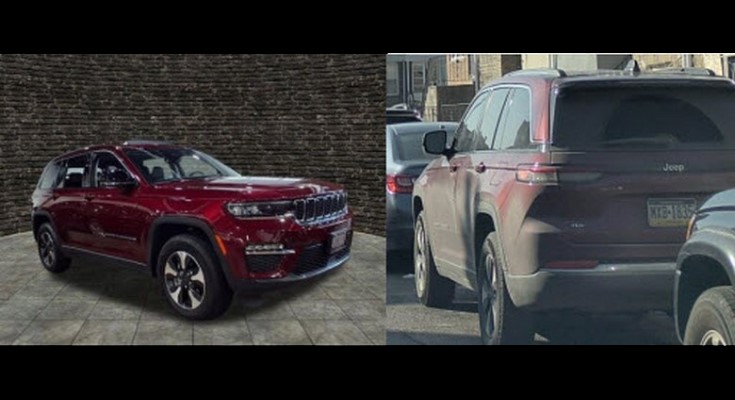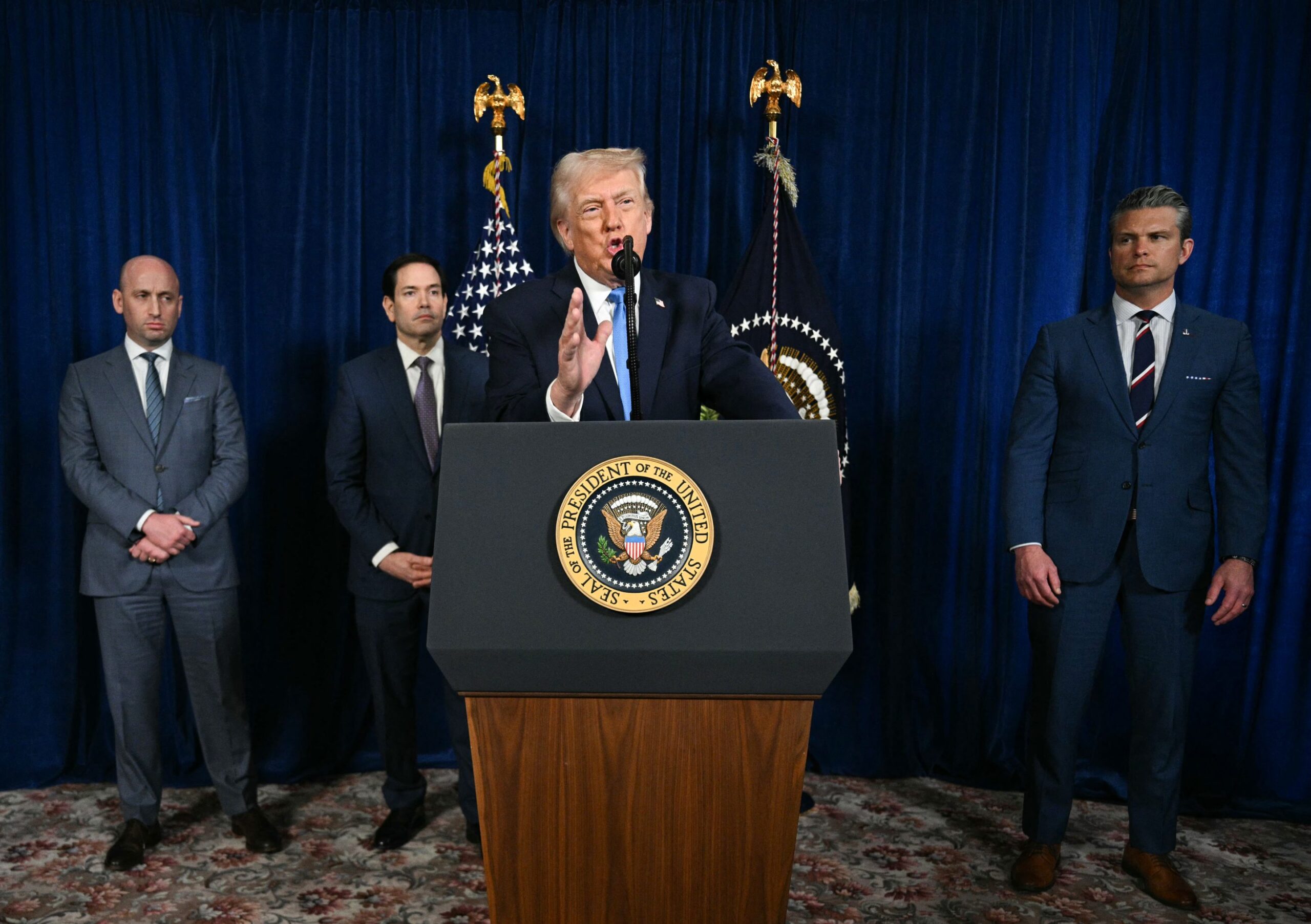Vehicle inspections are a critical aspect of road safety and environmental protection in the United States. They ensure that vehicles meet specific safety and emissions standards, reducing the risk of accidents and environmental pollution. However, the laws governing these inspections can be complex, varying significantly between state and federal levels. Understanding the differences between state and federal vehicle inspection laws is essential for all vehicle owners, especially commercial drivers and fleet operators.
State vs Federal Vehicle Inspection Laws: What You Need to Know

Understanding Vehicle Inspection Laws
Vehicle inspection laws in the U.S. are divided between state regulations and federal requirements. While state laws apply to all vehicles registered within a state, federal laws primarily focus on commercial vehicles engaged in interstate commerce.
State Vehicle Inspection Laws
State vehicle inspection laws are established by individual states and can differ widely. Some states require annual safety inspections, emissions testing, or both, while others have minimal or no inspection requirements.
For instance, in California, a biennial smog equipment inspection is mandatory for most counties to ensure vehicles meet stringent emissions standards. However, there are no safety inspections required in the state. Conversely, Alabama has minimal vehicle inspection requirements, placing more responsibility on the driver to maintain their vehicle’s safety.
States like Delaware require biennial smog and safety inspections, ensuring vehicles are both environmentally friendly and safe to operate. Massachusetts mandates annual inspections for both safety and emissions, highlighting the state’s commitment to maintaining high vehicle standards.
Vehicle inspection requirements vary from state to state, and it’s crucial for vehicle owners to be aware of their state’s specific laws to remain compliant.
Federal Vehicle Inspection Laws
Federal vehicle inspection laws are governed by the Federal Motor Carrier Safety Administration (FMCSA) and primarily affect commercial vehicles involved in interstate commerce. These regulations are designed to ensure the safety of drivers, passengers, and cargo across state lines.
The FMCSA conducts six levels of Department of Transportation (DOT) inspections, ranging from comprehensive reviews to specialized checks:
- Level I – North American Standard Inspection: The most thorough, including examination of driver documents and vehicle components.
- Level II – Walk-Around Driver/Vehicle Inspection: A less intensive inspection focusing on visible components.
- Level III – Driver-Only Inspection: Concentrates solely on the driver’s credentials and documentation.
- Level IV – Special Inspections: One-time examinations for specific purposes.
- Level V – Vehicle-Only Inspection: Similar to Level I but conducted without the driver present.
- Level VI – Enhanced Inspection for Radioactive Shipments: Specific to carriers of radioactive materials.
Understanding the different levels of DOT inspections is essential for commercial drivers to ensure compliance and readiness for any inspection level.
Key Differences Between State and Federal Inspections
-
Scope and Applicability: State inspections apply to all registered vehicles within the state, focusing on safety and emissions. Federal inspections target commercial vehicles operating interstate.
-
Enforcement and Frequency: State inspections are typically scheduled (annual or biennial), while federal inspections can be unpredictable and occur at any time on the road.
-
Standards and Regulations: Federal inspections adhere to nationwide FMCSA standards, whereas state inspections follow local laws, which can vary significantly.
-
Penalties for Non-Compliance: Failing a state inspection can result in fines or being unable to renew vehicle registration. Federal non-compliance may lead to more severe penalties, including fines, out-of-service orders, or suspension of operating authority.
Importance of Compliance
Maintaining compliance with both state and federal vehicle inspection laws ensures not only legal operation but also the safety of all road users. Regular inspections help identify potential mechanical issues that could lead to accidents. Moreover, adhering to emissions standards plays a vital role in reducing environmental pollution.
Emissions testing is crucial for curbing air pollution and ensuring vehicles meet environmental standards. Non-compliance can have significant legal and financial repercussions, including fines and potential legal action.
How to Prepare for Inspections
-
Regular Maintenance: Conduct routine checks and maintenance on your vehicle to ensure all components are in good working order.
-
Stay Informed: Keep up-to-date with the inspection laws in your state and any federal regulations that may apply to you.
-
Documentation: Maintain accurate records of all vehicle maintenance, repairs, and inspections.
-
Professional Assistance: Consider professional services to prepare your vehicle for inspections. For commercial vehicles, companies like JR Truck Repair Service offer specialized services to ensure compliance with both state and federal requirements.
Conclusion
Understanding the nuances between state and federal vehicle inspection laws is essential for all vehicle owners and operators. Compliance not only keeps you on the right side of the law but also ensures the safety of everyone on the road and contributes to environmental conservation. Stay informed, maintain your vehicle diligently, and seek professional assistance if needed to navigate these regulations effectively.
Additional Resources
-
For comprehensive DIY automotive manuals to help maintain your vehicle, visit Haynes Manuals. With manuals for a wide range of vehicles, you can save money and ensure your vehicle meets inspection standards.
-
If you require legal assistance regarding vehicle inspection laws, Thompson Law offers expert advice and services to help you understand and navigate the complexities of these regulations.
Stay Safe and Compliant
Vehicle inspections are more than just a legal requirement—they are a commitment to safety and environmental responsibility. By staying informed about both state and federal laws, you can ensure your vehicle is always road-ready and compliant with all necessary regulations.
Note: This article is intended for informational purposes only and should not be considered legal advice. For specific guidance, please consult your local Department of Motor Vehicles or a legal professional.











